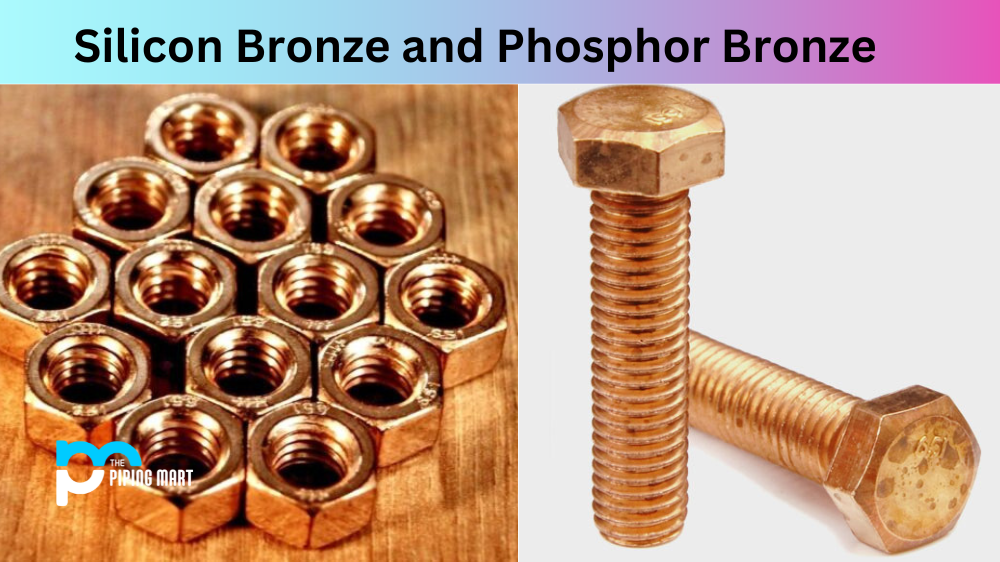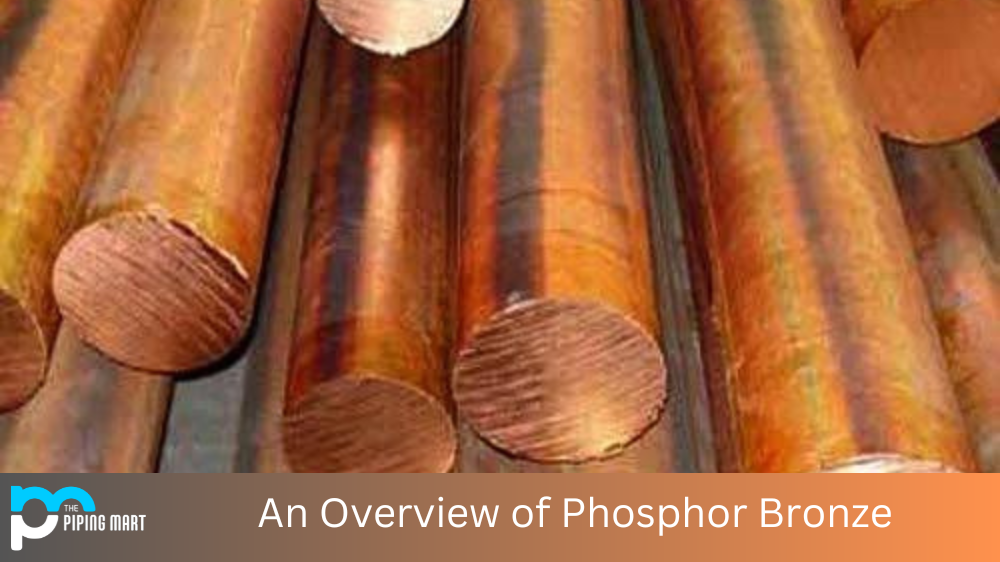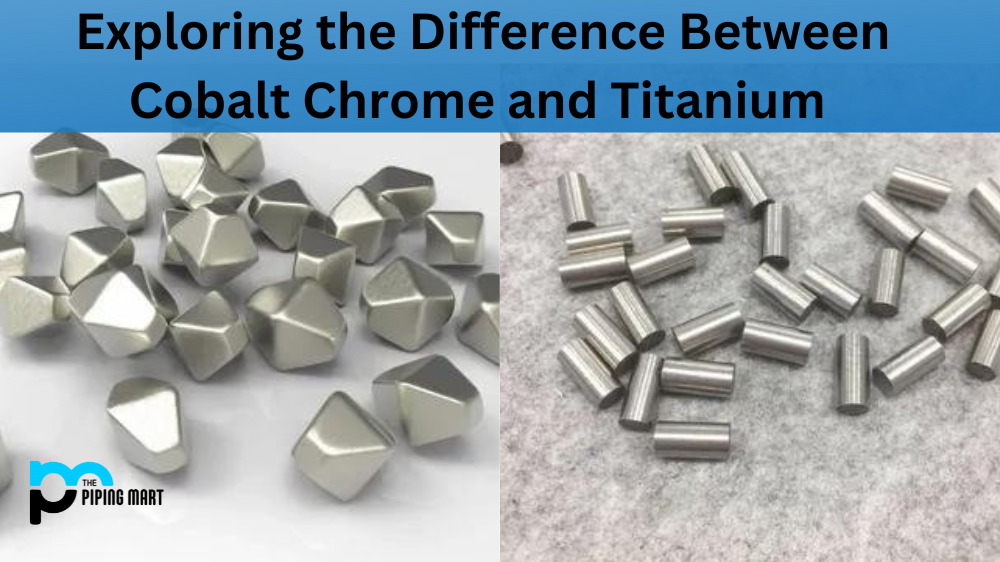If you’re in the market for a durable, corrosion-resistant metal alloy, silicon bronze and phosphor bronze are two alloys that you should consider. Although both of these alloys offer excellent strength and resistance to rust and corrosion, there are also quite a few differences between them. In this blog post, we’ll explore the differences between silicon bronze and phosphor bronze so that you can make an informed decision when it comes to your next purchase.
Composition
The first major difference between silicon bronze and phosphor bronze is the composition of each alloy. Silicon bronze is composed of copper, tin, zinc, iron, lead, manganese, and silicon. The addition of silicon helps to increase the strength of the alloy while also making it more resistant to corrosion. Phosphor bronze, on the other hand, is composed primarily of copper with small amounts of phosphorus added. This combination makes it ideal for applications where a higher level of corrosion resistance is required than what can be achieved with silicon bronze.
Strength
Another key difference between these two alloys is their strength. Silicon bronze has an ultimate tensile strength (UTS) of around 65 ksi (kilopounds per square inch). On the other hand, phosphor bronze has an ultimate tensile strength (UTS) in excess of 75 ksi. This makes it ideal for applications requiring high levels of tensile strength, such as high-pressure piping systems or heavy-duty machining components.
Cost
Another factor to consider when deciding between these two alloys is cost. Generally speaking, phosphor bronze is more expensive than silicon bronze due to its higher content of phosphorus and its greater tensile strength. It’s important to keep in mind that cost may not always be the most important factor when selecting an alloy; if your application requires increased tensile strength or improved corrosion resistance, then cost may be worth sacrificing for superior performance.
Conclusion:
We hope this post has given you some insight into why silicon bronze and phosphor bronze are two popular choices for metal alloys. Both offer excellent corrosion resistance and can withstand extreme temperatures without breaking down or losing their structural integrity; however, they do have some significant differences in terms of composition, strength, and cost, which should be taken into consideration when determining which one will best suit your needs. Ultimately it comes down to what type of application you need the alloy for as well as your budget, but whichever one you choose will provide years of reliable performance if properly cared for!

A passionate metal industry expert and blogger. With over 5 years of experience in the field, Palak brings a wealth of knowledge and insight to her writing. Whether discussing the latest trends in the metal industry or sharing tips, she is dedicated to helping others succeed in the metal industry.




